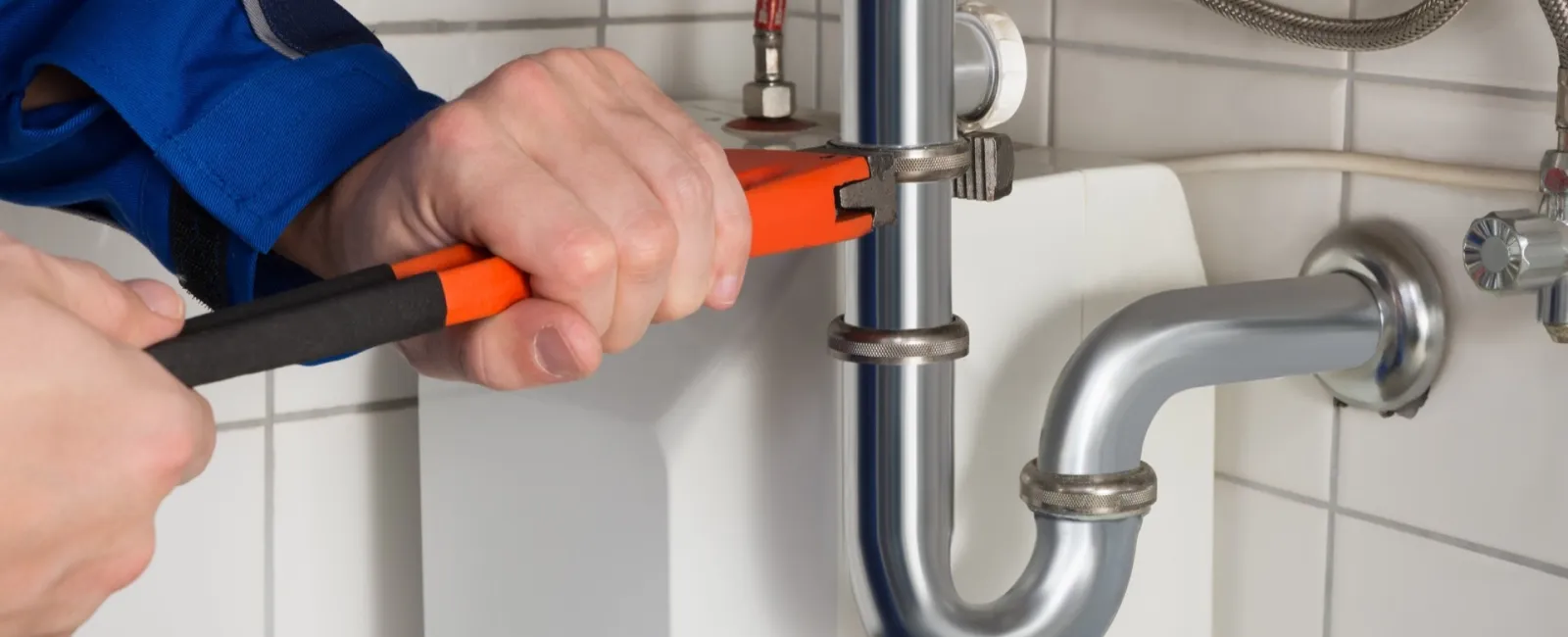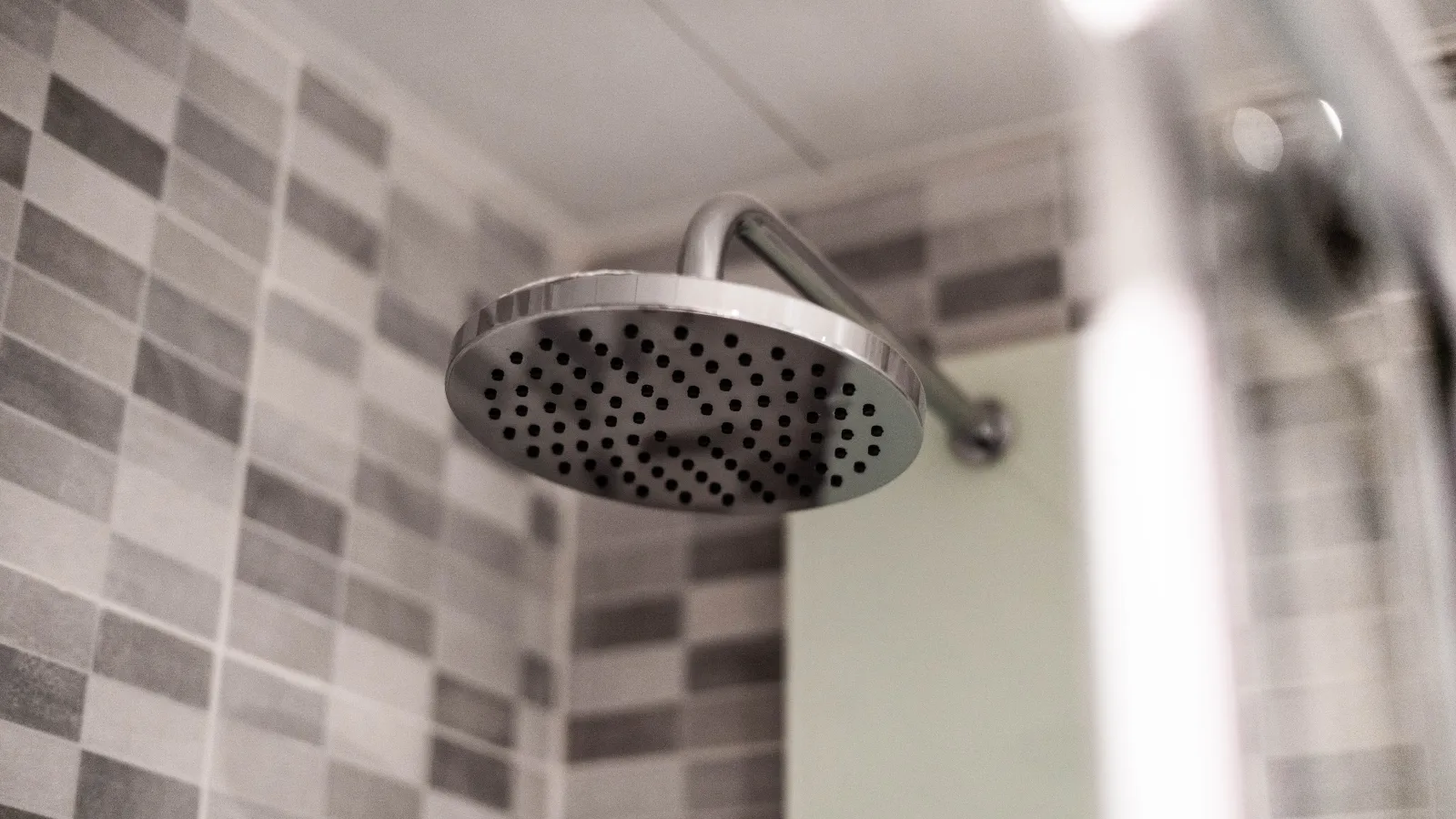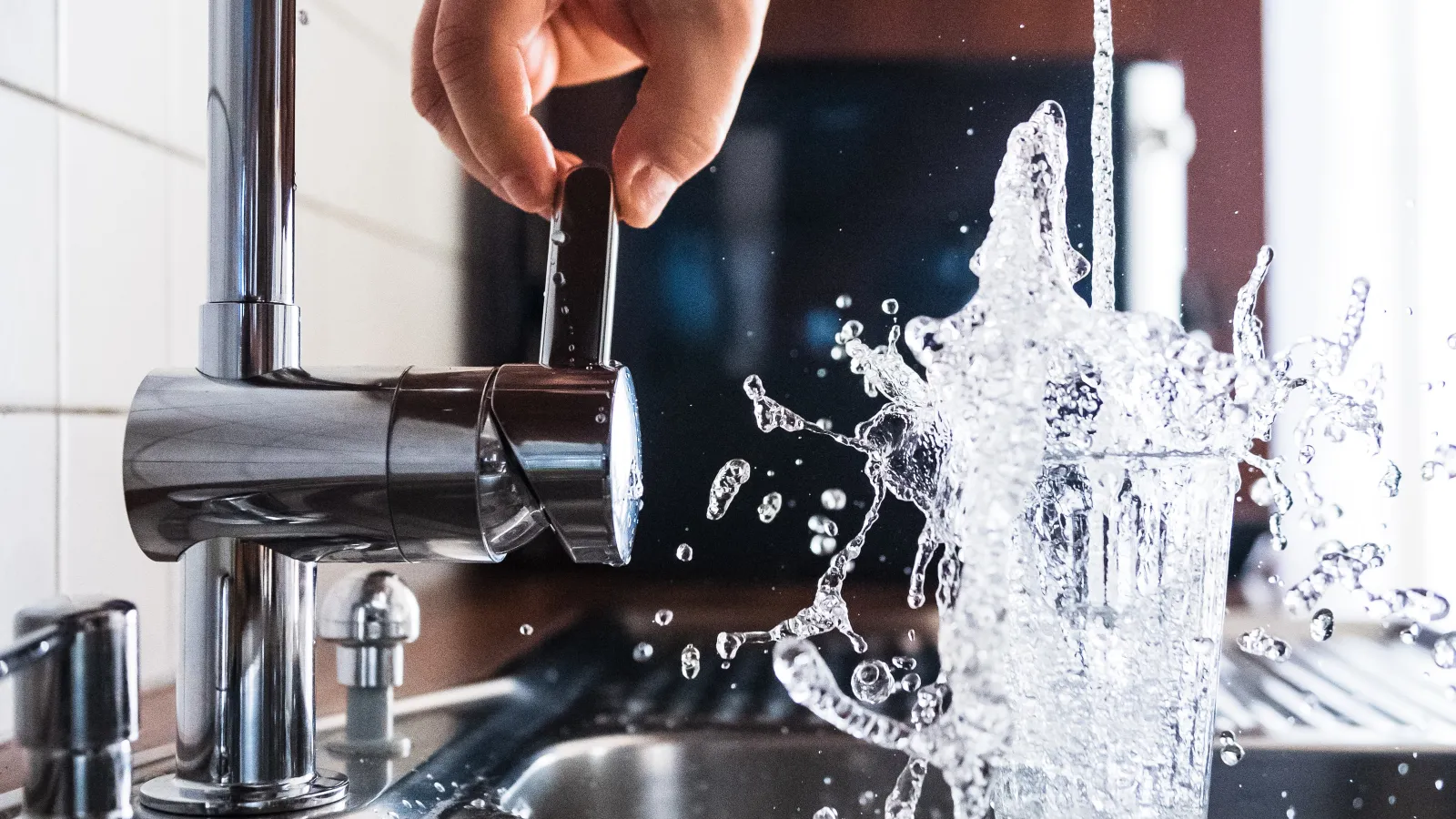If you water your yard regularly, more than half of your household water consumption is going into your lawn. The other half is used inside the house. A quick plumbing inspection and a few replacement fixtures can go a long way toward saving water — and your hard-earned dollars.
The federal government recognized the importance of indoor water conservation when it passed the Energy Policy Act of 1992, which established national water-conservation standards for plumbing fixtures. The act set the stage for water-saving fixtures such as low-flow showerheads and low-flush toilets for residential use.
Some state and municipal governments have stepped up to help encourage water conservation in their communities. For example, in Atlanta, a national leader in water conservation, the Department of Watershed Management has invited its customers to take a water conservation pledge. The city also has taken significant steps to educate residents about high-efficiency and low-flow plumbing fixtures through literature and its website.
Bathroom
The program targeted toilets because almost three-quarters of the water used inside your house is consumed in the bathroom, and your toilet is the single biggest culprit. You could save hundreds of gallons a year by replacing your older big-tank toilet with a modern, high-efficiency model that uses a fraction of the water previous models use. Consider replacing your standard showerhead with a low-flow version. Another shortcut to saving water is to take shorter showers and save baths for special occasions.
Kitchen
Did you know that if you scrape your dishes really well instead of rinsing them before you put them in the dishwasher, you can save up to 20 gallons of water per load? A modern, more efficient dishwasher can help save water in the kitchen, too. Only run your dishwasher when it's full; that way you won't waste water on partial loads. Consider placing a low-flow aerator on your kitchen faucets, as well.
Leaks
Leaking pipes and fixtures can waste hundreds of gallons of water every year. So can poorly insulated pipes. To get yourself on the road to water conservation, call a plumbing professional to perform an inspection. A licensed, experienced plumber can offer more tips and advice on how to save water and money in your Georgia home.
Image source: Flickr



